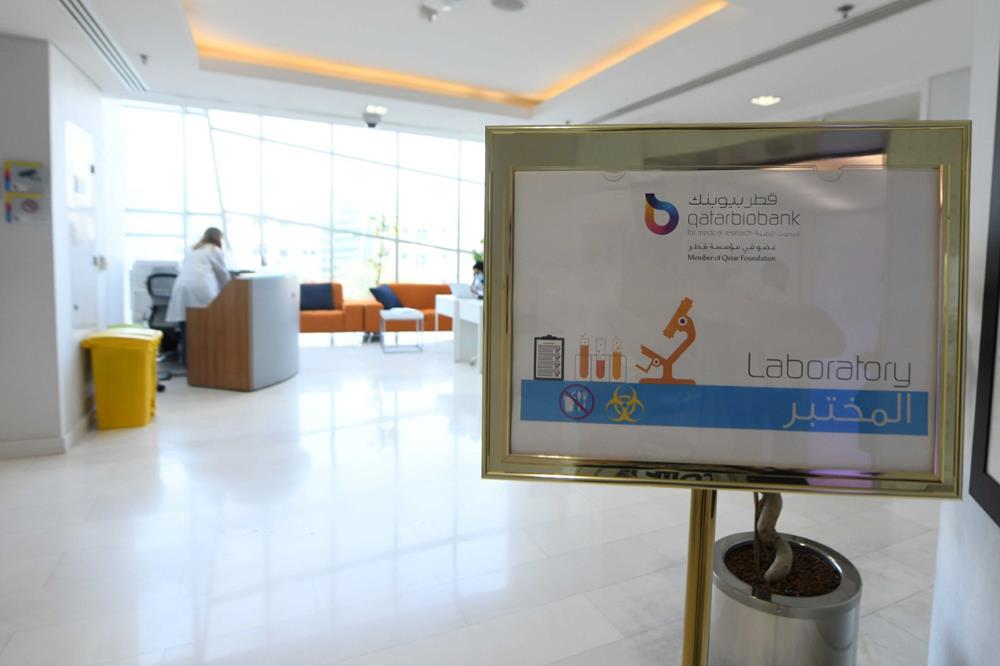(MENAFN- The Peninsula) fazeena saleem |
The Peninsula
Qatar Biobank, a member of Qatar Foundation (QF), has seen a 22% increase in the number of participants in its flagship cohort study during 2022, demonstrating the public interest in contributing to research projects of national interest.
In March 2022, the number of participants was 29,438 and it has reached more than 36,000 by end of the year – with 80% of them being Qataris.
Qatar Biobank is the national repository for biological samples and health information collection and storage to enable research towards the discovery and development of new healthcare and precision medicine interventions.
“The Cohort Study, a population-based long-term study has recruited a large number of participants,” Director of Qatar Biobank, Dr. Nahla Afifi said in a recent interview.
Qatar Biobank allows scientists and researchers to conduct health research by collecting samples and data related to health aspects and lifestyles with the participation of large numbers of volunteers from the population in Qatar. Qatar Biobank initiates and supports the latest discoveries in medical research and early diagnosis for various diseases in Qatar, which are reflected in the health of the citizens and residents of future generations.
The quality and the safety of the samples at Qatar Biobank is maintained over time by using the most reliable storage systems and procedures including sample tracking, liquid nitrogen storage and duplicate storage sites.
“We are contributing and expanding the focus on many researches and projects. One of the projects we're currently working on is the Qchip, we have conducted 17,000 genetic analyses in cooperation with Qatar Genome,” Qatar Biobank said in its official twitter account.
The cohort study aims to collect high quality biological samples and annotated data among Qataris and long-term residents who live in Qatar for at least 15 years to promote medical research. A follow-up study on the participants is done after five years of the first visit. All participants will consent to provide their biological samples and information to benefit research studies supporting translational medicine.
Qatar Biobank, makes it possible for scientists to conduct research that concern the greatest health challenges facing Qatar.
Qatar Biobank published a study about association between serum magnesium and diabetes among Qatari adults; 9,693 Qatari participated aged 20 years and above, and concluded that the prevalence percentage of diabetes and subclinical magnesium deficiency was 18.9% and 59.5% respectively. Also 15.5% of all participants in Qatar Biobank, have been diagnosed of diabetes mellitus (7% in men and 8.5% in women).
Qatar Birth Cohort Study at the Qatar Biobank is the first mother-child birth cohort study that examines the impact of multiple exposures on health-related outcomes such as birth outcomes, neurodevelopment, obesity, asthma and allergies that appear in early life.
The aim of the Qatar Birth Cohort project by Qatar Biobank, is to assess the synergetic role of environmental exposures and genetic factors in the development of chronic disease of woman and child health in Qatar.




















Comments
No comment